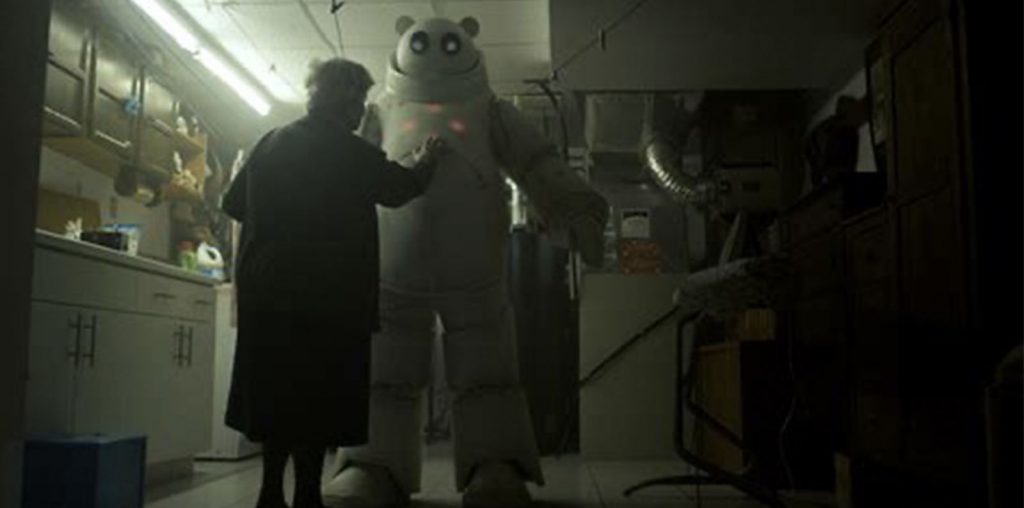
One night around 11:30pm, Kristin (Anna Konkle) gets a mysterious phone call from a man (Christopher Schram) who claims he will take his own life in the next 30 minutes, unless Kristin can somehow help him. Refusing to give his real name, or his location, the man decides to go by the moniker of 3D as he challenges Kristin with a riddle even as she tries her best to keep him alive. Does she succeed? Will you even care?
The main hurdle that Last Call has to leap is convincing the audience to care at all for a guy who is not only going to take his life, but doing his best to torture someone else in his final minutes. For those that fall on the side of the argument that suicide is inherently selfish, this film does little beyond proving their point. By the end of the film, the emotional trauma that 3D is putting Kristin through, while not making him worthy of being put to death, surely doesn’t elicit sympathy and strains empathy. Maybe you don’t cheer for him to end it already, but you sure don’t like him.
I mean, he’s essentially playing an evil Batman villain (Riddler crossed with the Joker), only the life he’s threatening is his own. I can understand reaching out in your final minutes, or even trying to make a last-ditch philosophical point, but then also attempting to put the responsibility for whether you commit suicide on someone else is not only ridiculous, it’s repugnant. I’m sure Kristin wishes she never picked up the phone in the first place; her life is forever altered because of it.
There’s also some curious tech choices at play here that are both unique and sometimes unsettling. On the unique side, much of the footage of 3D has the look that you most often see in HDR imagery (you know, tons of details in the shadows and highlights, a white halo around the character). It’s cool-looking, as HDR photography can often be, and it is an aesthetic that is used only for 3D’s side of the conversation. Kristin’s apartment just looks normal by comparison.
On the unsettling side, there’s something awkward going on with the audio mix for 3D’s end of the conversation. When he speaks, there’s a strong ambient room tone, but in his silences, the tone seems to be removed from the mix. The result is that whenever 3D speaks, there’s suddenly a bed of noise, but then a silence of perfect nothing, but then noise when he resumes. The contrast draws consistent attention to itself.
The film also makes it a point to utilize various video clips on the TV screens. You know that thought specifically went into these choices when, for instance, footage of “The Last Man on Earth” is composited on the screen; it has that floating overlay look to it, however, as opposed to the camera catching a natural airing of the video footage (“The Jack Benny Show” footage, for example, if it was composited, fares much better and looks more natural).
Overall, Last Call was a hard film to sit through. It definitely has some artistic oomph to it and, in a way, this film is a litmus test on whether you could convince someone to not care about saving another person’s life. I think that the emotional abuse that 3D puts Kristin through at least would give one pause, and I while I would hope anyone in her position, including myself, would still do their best, I don’t know that it’s as cut-and-dry. To that end, Last Call inspires thought… but I still think 3D is a selfish a*****e.
This film was submitted for review through our Submission for Review system. If you have a film you’d like us to see, and we aren’t already looking into it on our own, you too can utilize this service.

